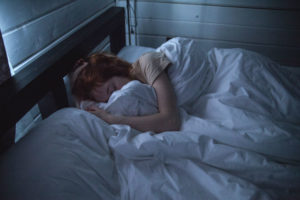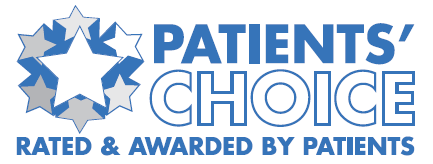 If you’ve ever experienced an itchy bum in the middle of the night, it’s quite an unpleasant sensation. Scratching the area may provide temporary relief, but the harshness of your nails ends up causing further irritation and damage to the already sensitive anal region.
If you’ve ever experienced an itchy bum in the middle of the night, it’s quite an unpleasant sensation. Scratching the area may provide temporary relief, but the harshness of your nails ends up causing further irritation and damage to the already sensitive anal region.
Known as pruritis ani, this condition literally translates to “itchy anus” and occurs on an intense, cyclical basis where an unpleasant burning sensation around the anus produces the urge to scratch. This feeling typically intensifies at night or after a bowel movement, when even minimal stimulation of the anal skin can cause extreme itching.
So what causes anal itching? The exact reason for pruritis ani is unclear, but it is often linked to anorectal diseases, lifestyle habits and skin conditions. Below are a few of the more common reasons your bum may be keeping you up at night:
Hemorrhoids
Anal itching is both a symptom and complication of hemorrhoids that can escalate into pruritis ani. When a patient experiences hemorrhoid flare-ups, blood vessels in the walls of their anus and lower rectum swell and bulge, often causing inflammation and bleeding. This irritation around the anus causes sporadic itching, and continuous scratching of the area can further harm the sensitive tissues and worsen symptoms.
More specifically, itching can occur when overstraining during bowel movements pushes an internal hemorrhoid outside the anus, otherwise known as a prolapsed internal hemorrhoid. Internal mucus then comes into contact with the anal tissues and prolongs the itching.
Pinworms
Pinworms are tiny parasites that infect the colon and rectum via ingestion of their eggs through contamination. Once the eggs hatch in your intestines, the pinworms wiggle out from the anus (especially at night) and lay eggs on the surrounding anal skin. The primary symptom is intense anal itching that causes restless sleep. However, treating pinworms is usually a simple and straightforward process of oral medication and topical creams.
Skin Conditions
Chronic skin disorders around the anal region, such as eczema and idiopathic dermatitis, can cause itching and dry, flaky skin for no apparent reason. Allergic dermatitis, however, results from the skin coming into contact with an allergen via creams, lotions, soap, powders, etc. and having a negative reaction. At times, excessive cleaning using one of the aforementioned products ends up worsening one’s anal itching. While chronic skin conditions are untreatable, allergen-based conditions can be managed by avoiding the triggering products.
Hygiene Habits
Both excessive cleaning and lack of cleaning of the anal region can irritate the skin. Over-wiping after bowel movements, especially with rough toilet paper or soap/topical products, can lead to dryness and itching.
For more information on pruritis ani and its causes and treatment methods, check out our earlier blog post here.




